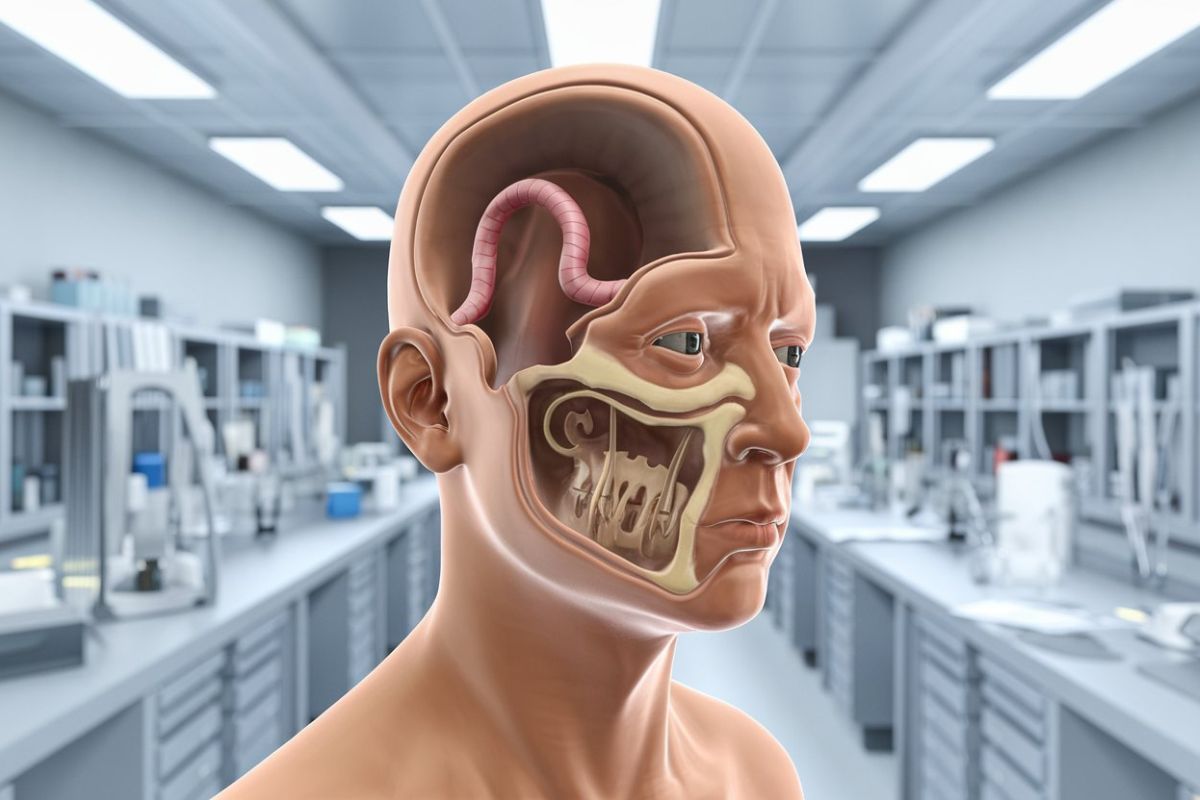
Aortic Arch Anomaly Peculiar Facies Mental Retardation is a rare genetic disorder that affects multiple systems in the body. This condition involves abnormalities in the aortic arch, distinctive facial features, and intellectual disabilities. Understanding this complex syndrome can be challenging, but knowing the key facts can help. What causes this disorder? How does it impact daily life? What are the treatment options? This blog post will answer these questions and more, providing a comprehensive overview of Aortic Arch Anomaly Peculiar Facies Mental Retardation. Whether you are a caregiver, a medical professional, or someone seeking knowledge, these facts will offer valuable insights into this unique condition.
Understanding Aortic Arch Anomaly Peculiar Facies Mental Retardation
Aortic Arch Anomaly Peculiar Facies Mental Retardation is a rare genetic disorder. It affects multiple systems in the body, leading to unique physical and mental characteristics. Let's dive into some fascinating facts about this condition.
What is Aortic Arch Anomaly?
The aortic arch is a crucial part of the heart's anatomy. Anomalies in this area can lead to significant health issues.
- Aortic arch anomalies are congenital: These anomalies are present at birth and result from improper development of the aortic arch during fetal growth.
- They can affect blood flow: These anomalies can disrupt normal blood flow from the heart to the rest of the body, leading to various complications.
- Common types include double aortic arch and right aortic arch: These are the most frequently observed anomalies, each with its own set of challenges.
Peculiar Facies Explained
"Peculiar facies" refers to distinctive facial features often associated with certain genetic conditions.
- Facial features can be unique: Individuals with this condition may have distinct facial characteristics that set them apart.
- Common features include a broad forehead and wide-set eyes: These are some of the typical facial traits seen in affected individuals.
- Facial features can aid in diagnosis: Doctors often use these unique characteristics to help identify the condition early.
Mental Retardation and Cognitive Impact
Mental retardation, now more commonly referred to as intellectual disability, is a significant aspect of this condition.
- Intellectual disability varies in severity: The level of cognitive impairment can range from mild to severe.
- Early intervention is crucial: Early educational and therapeutic interventions can significantly improve outcomes for affected individuals.
- Supportive environments make a difference: Providing a supportive and understanding environment can help individuals reach their full potential.
Genetic Basis of the Condition
Understanding the genetic roots of this disorder can provide insights into its management and treatment.
- It is often inherited: This condition can be passed down from parents to children through genetic mutations.
- Chromosomal abnormalities are common: Many cases involve abnormalities in specific chromosomes, leading to the disorder's development.
- Genetic testing can confirm diagnosis: Advanced genetic tests can identify the specific mutations responsible for the condition.
Treatment and Management
Managing this condition requires a comprehensive approach involving multiple healthcare professionals.
- Surgical interventions may be necessary: In some cases, surgery is required to correct aortic arch anomalies and improve blood flow.
- Therapies for cognitive development: Speech, occupational, and physical therapies can aid in cognitive and physical development.
- Regular medical follow-ups are essential: Continuous monitoring by healthcare providers ensures that any complications are promptly addressed.
Final Thoughts on Aortic Arch Anomaly Peculiar Facies Mental Retardation
Understanding Aortic Arch Anomaly Peculiar Facies Mental Retardation is crucial for those affected and their families. This rare condition involves a combination of heart defects, distinct facial features, and developmental delays. Early diagnosis and intervention can significantly improve quality of life. Medical professionals play a vital role in managing symptoms and providing support. Genetic counseling can offer valuable insights for families. Awareness and education about this condition can lead to better outcomes and support networks. While challenges exist, advancements in medical research bring hope. Staying informed and connected with healthcare providers ensures the best care possible. Remember, every bit of knowledge helps in navigating this complex condition. Keep advocating for more research and support for those affected.
Was this page helpful?
Our commitment to delivering trustworthy and engaging content is at the heart of what we do. Each fact on our site is contributed by real users like you, bringing a wealth of diverse insights and information. To ensure the highest standards of accuracy and reliability, our dedicated editors meticulously review each submission. This process guarantees that the facts we share are not only fascinating but also credible. Trust in our commitment to quality and authenticity as you explore and learn with us.


